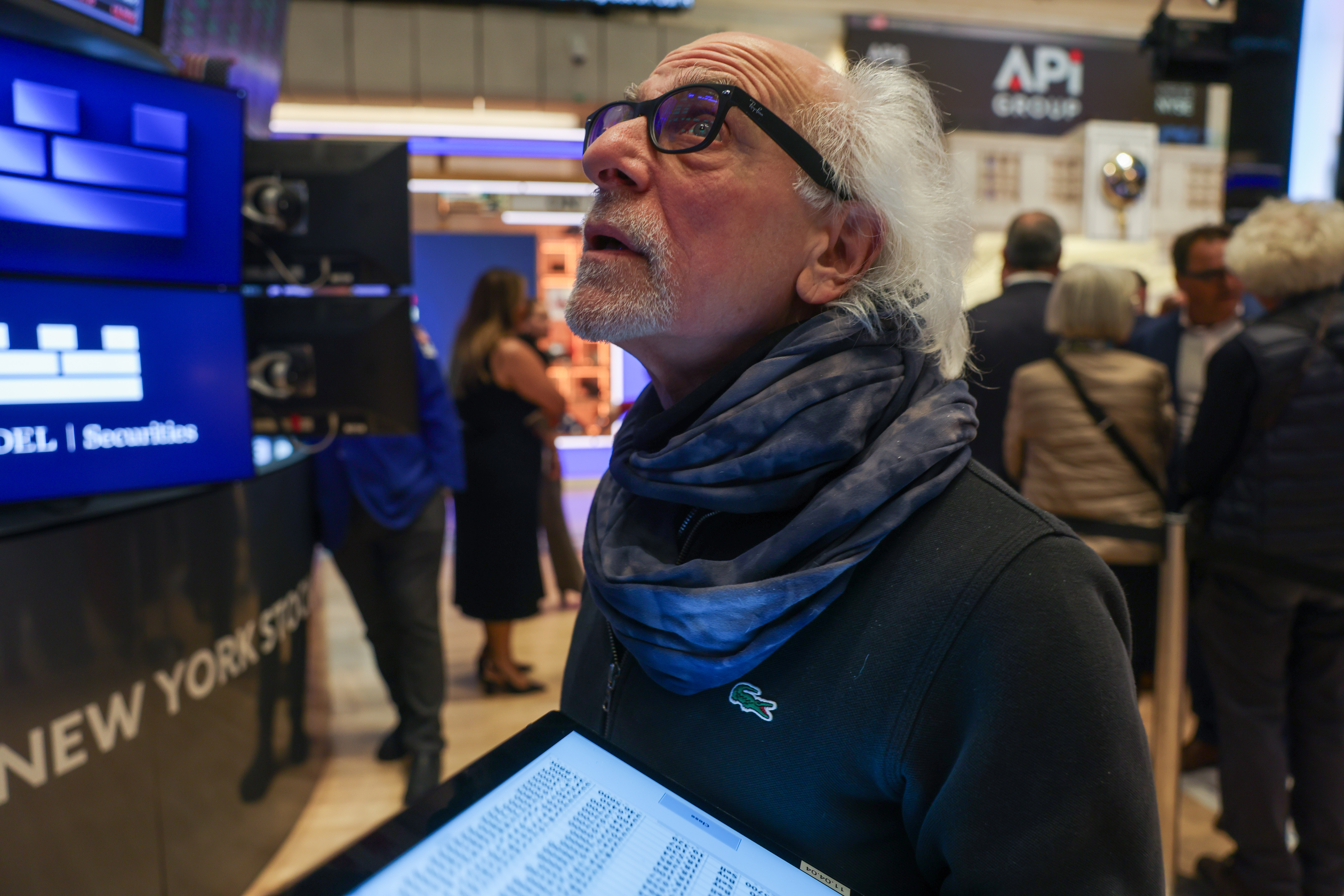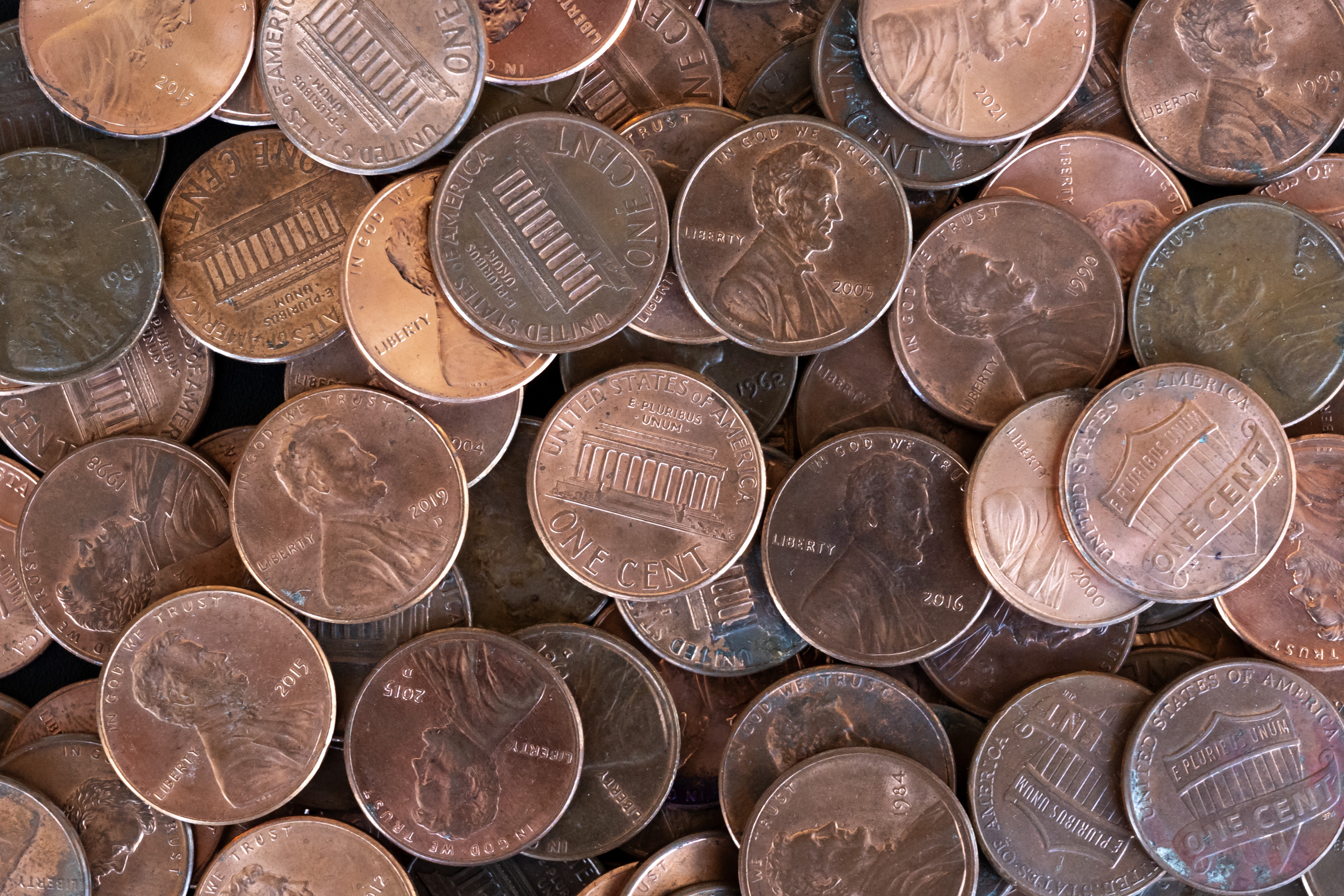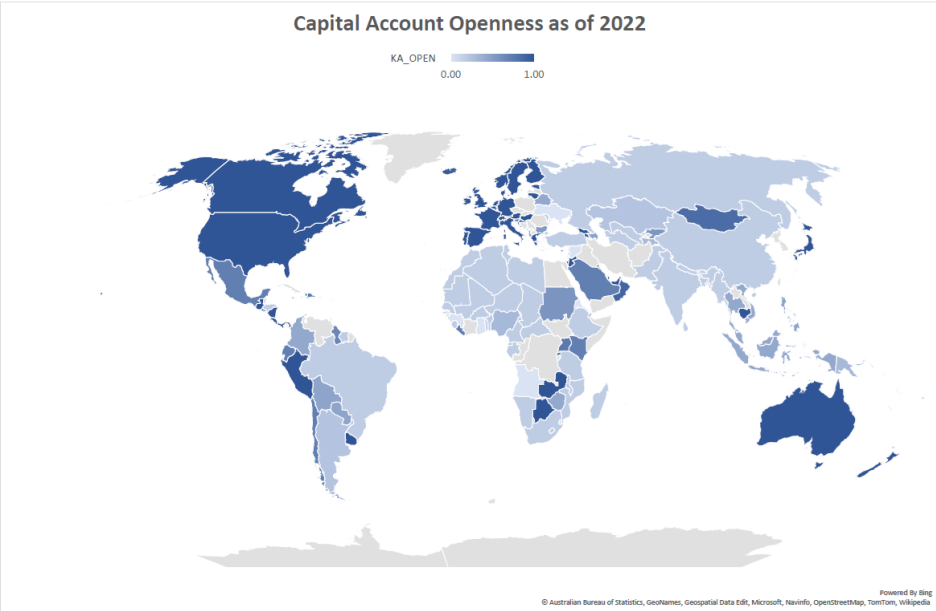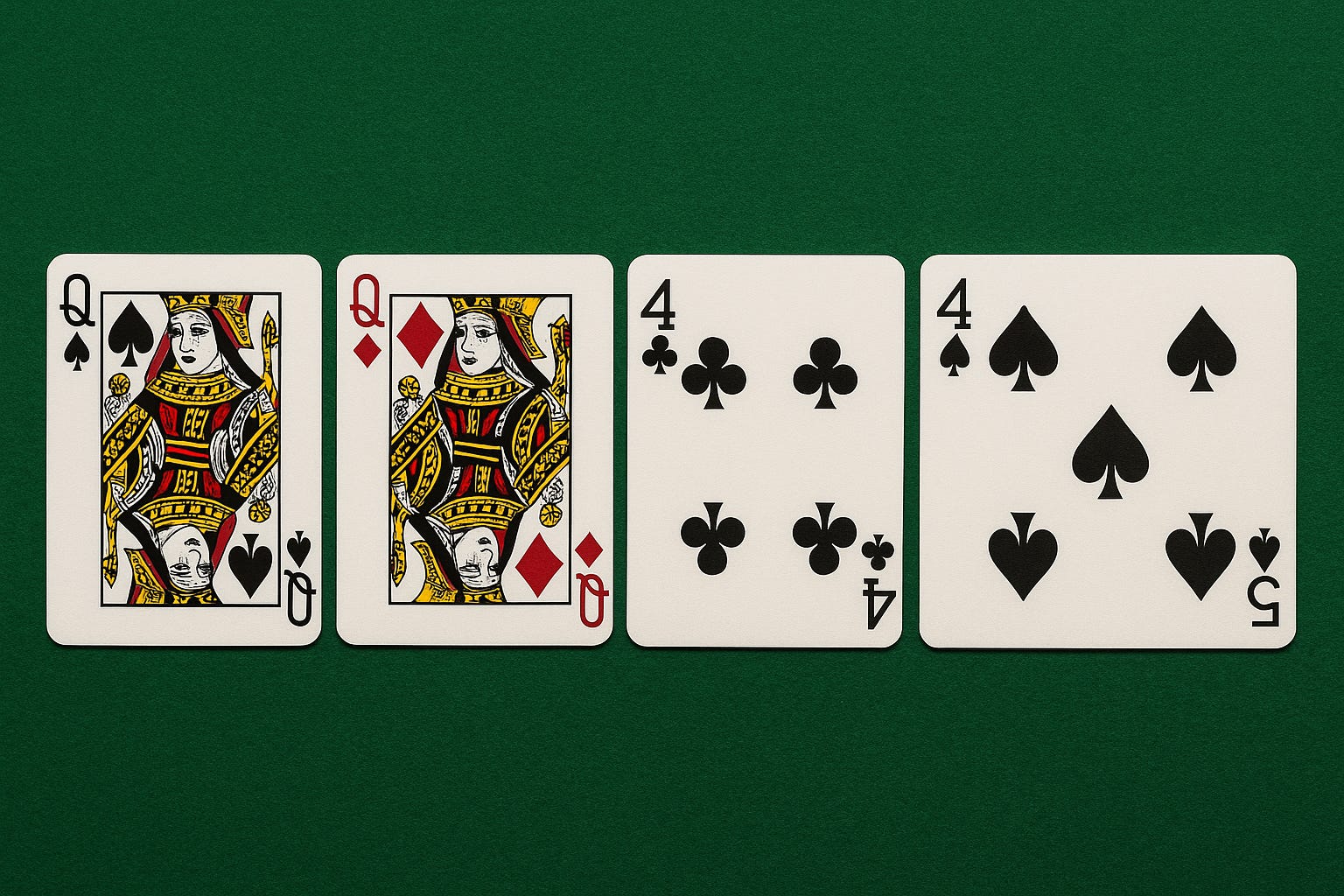2661. Claude 4, I attempt a first prompt and receive this answer
Tyler Cowen discusses two significant papers from the Journal of Political Economy that address monetary policy and income inequality trends in the U.S.
your daily dose of economic commentary
Tyler Cowen discusses two significant papers from the Journal of Political Economy that address monetary policy and income inequality trends in the U.S.

A federal appeals court's decision allows the Trump administration to proceed with plans to significantly reduce Voice of America's operations.

Timothy Taylor discusses the effects of state-level abortion regulations on abortion rates, highlighting research on early repeal states and natural experiments in North Carolina.

The post discusses significant increases in housing inventory and new listings, alongside a decline in median list prices, reflecting ongoing affordability challenges for buyers.

A partnership is formed between OpenAI and Jony Ive to develop innovative AI-enabled devices, highlighting the significance of design in technology.

The discussion centers on the benefits of discretion in bureaucracy, emphasizing its alignment with libertarian principles and the importance of understanding rules' purposes.

Concerns over the trade war are prompting investors to reevaluate the reliability of U.S. government debt.

Scott Horsley discusses the Treasury Department's decision to cease minting new pennies while keeping them as legal tender.

Camila Domonoske discusses the Senate's decision to override the parliamentarian's advice and revoke California's vehicle standards, anticipating legal challenges.

Paul Krugman discusses the potential for a sudden economic crisis in the U.S. due to capital flow disruptions and the implications of current political actions.

Bill McBride discusses the decline in existing-home sales and inventory trends reported by the National Association of REALTORS® for April.

Menzie Chinn discusses the updated Chinn-Ito Financial Openness Index and its relevance in measuring financial openness and development across countries.
Tyler Cowen discusses neurosurgery training, AI's role, surgeon selection, and the psychological aspects of surgeons with Theodore Schwartz.

An exclusive dinner with top investors in a meme coin raises ethical concerns regarding cryptocurrency and its intersection with the White House.

The post discusses how Trump's tariff strategy creates a perception of relief by initially proposing high tariffs and then lowering them, illustrating the 'anchor effect.'

Darian Woods discusses the launch and financial implications of the $TRUMP coin, exploring its legality and connection to the Foreign Emoluments Clause.

The post discusses the Trump administration's attempt to cut funding for Radio Free Europe and the EU's response to support the outlet's critical news role.

Nate Silver discusses the limitations of ChatGPT in poker, contrasting its performance with that of specialized poker solvers and highlighting the technology's overall utility in other tasks.

Noah Smith discusses the evolving discourse around race in America, particularly how it affects political dynamics and collective national identity.
Timothy Taylor discusses the challenges and political dynamics of the Military Base Realignment and Closure Process and its impact on redevelopment efforts.